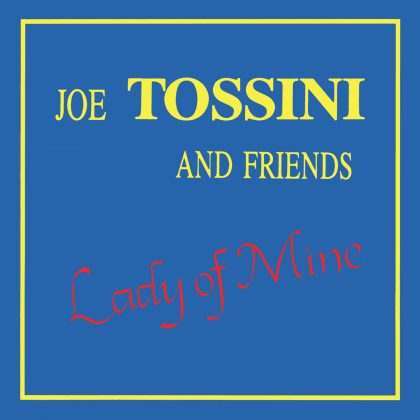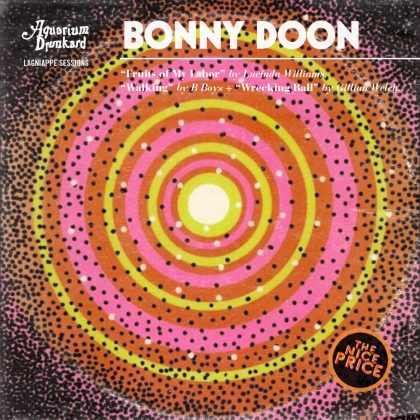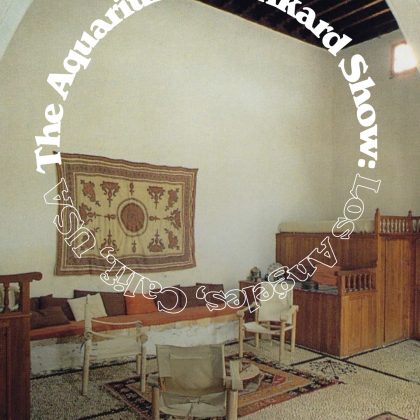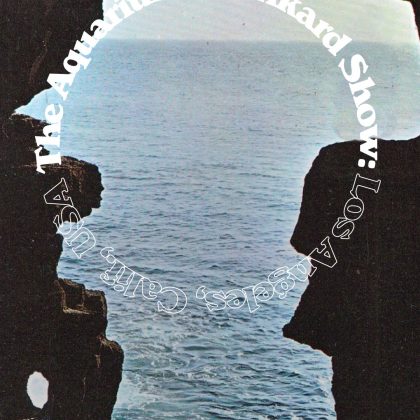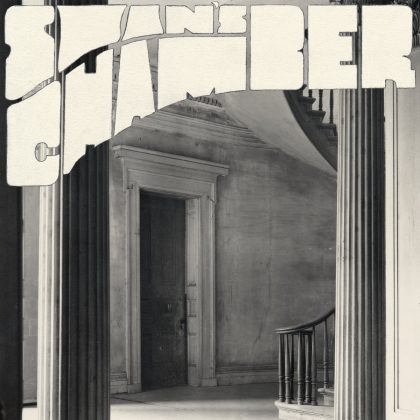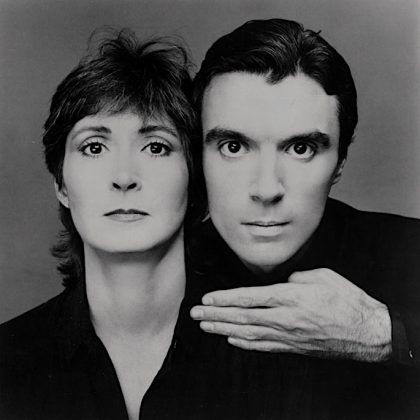In 2013 Kevin Morby released his first work as a solo artist, Harlem River. As a debut, the record laid the foundation of an aesthetic framework he's continued to mine and augment over three consecutive albums. Morby's songwriting routes itself in traditional structures, yet pulls from a wide palette -- ranging from the linear to the abstract. It was the latter that was on display last month in Los Angeles . . .
Only the good shit. Aquarium Drunkard is powered by its patrons. Keep the servers humming and help us continue doing it by pledging your support.
To continue reading, become a member or log in.
